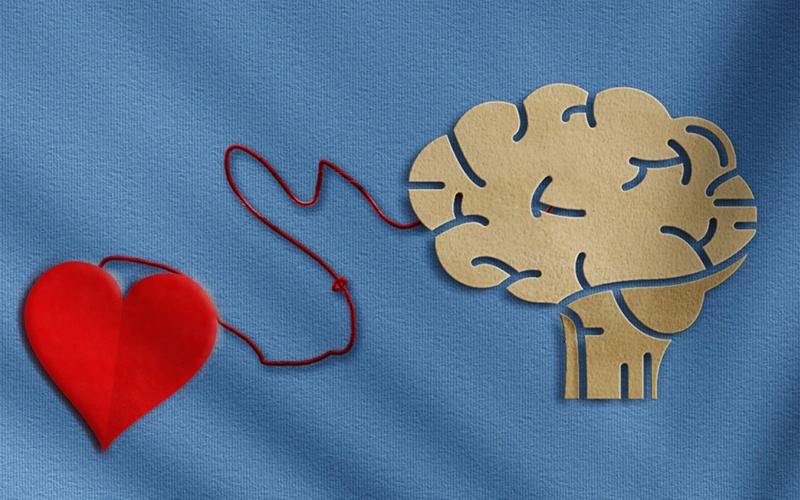Empathy: Understanding and Enhancing Emotional Connection
The Essence of Empathy: Connecting with Others
Empathy is a fundamental human quality that allows us to connect deeply with others. It involves not only understanding the emotions of others but also feeling them to some extent ourselves. This emotional resonance is crucial for building meaningful relationships and fostering compassion in our daily interactions.
In essence, empathy is the ability to place oneself in another person's shoes and to experience their feelings from their perspective. It's a multifaceted trait that involves cognitive understanding and emotional resonance. The balance between these aspects can significantly influence our relationships and interactions with others.
Types of Empathy: Cognitive vs. Affective
There are two primary types of empathy: cognitive and affective. Cognitive empathy refers to the ability to understand another person's perspective or mental state. It’s the “thinking” part of empathy that allows us to comprehend what others might be experiencing. Affective empathy, on the other hand, involves sharing and experiencing the emotions of others. It’s the “feeling” part that enables us to connect on a more emotional level.
Cognitive empathy is crucial for effective communication and problem-solving. It helps in understanding others' viewpoints, which can be particularly useful in conflict resolution and negotiations. Affective empathy, however, is vital for building emotional bonds and demonstrating compassion. It drives our desire to offer support and comfort to those in need.
The Benefits of Empathy
Empathy has profound benefits for both individuals and society. On a personal level, it enhances our relationships by fostering deeper connections and mutual understanding. It helps us to be more supportive and responsive to the needs of others, which can strengthen friendships and familial bonds.
On a broader scale, empathy contributes to a more compassionate and harmonious society. It encourages prosocial behavior, reduces prejudice, and promotes social justice. By understanding and sharing in the experiences of others, we are more likely to act in ways that support and uplift those around us.
Enhancing Your Empathy: Practical Tips
Improving empathy involves both self-awareness and practice. Here are some practical tips to help you enhance your empathetic abilities:
- Active Listening: Pay close attention when others are speaking. Show genuine interest and avoid interrupting. This not only helps you understand their perspective but also makes them feel valued and heard.
- Open-Mindedness: Approach conversations with an open mind. Avoid making judgments or assumptions about others’ experiences. Instead, focus on understanding their feelings and viewpoints.
- Reflect on Your Emotions: Consider how you would feel in similar situations. Reflecting on your own emotional responses can help you relate better to others.
- Practice Empathy in Daily Interactions: Look for opportunities to practice empathy in your everyday life. Whether it's offering support to a friend or showing kindness to a stranger, every interaction is a chance to enhance your empathetic skills.
- Seek Feedback: Ask for feedback from those close to you about how empathetic you appear. This can provide valuable insights into your empathetic strengths and areas for improvement.
By engaging in these practices, you can develop a deeper understanding of others and enhance your ability to connect on an emotional level.
Conclusion: Discover Your Empathy Today
Understanding and improving your empathy can lead to more fulfilling relationships and a greater sense of connection with those around you. If you're curious about where you stand in terms of empathetic abilities, consider taking our empathy scale. It’s a simple yet effective tool to help you gauge your emotional sensitivity and enhance your connection with others.
By taking the time to explore and understand your empathy levels, you’re investing in both your personal growth and the well-being of your relationships.



